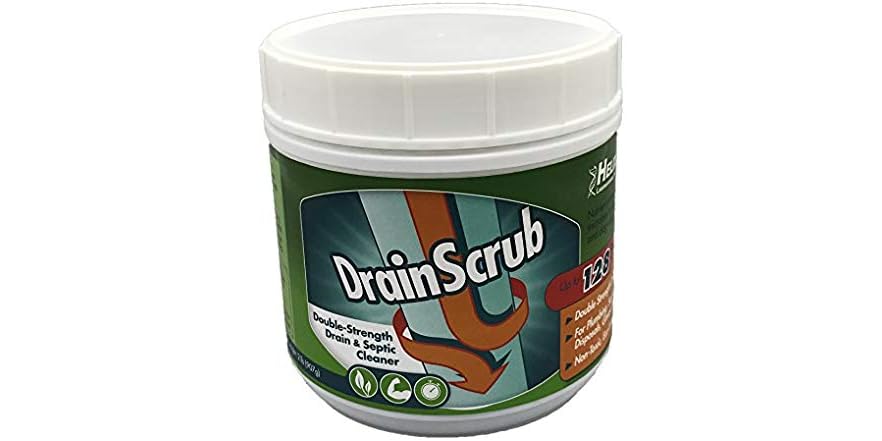1. Baking Soda and Vinegar
One of the most popular and effective home remedies for a slow draining kitchen sink is a combination of baking soda and vinegar. This powerful duo works by creating a chemical reaction that helps to break down any buildup and debris in your pipes.
To use this method, start by pouring a pot of boiling water down the sink to help loosen up any clogs. Next, pour ½ cup of baking soda down the drain, followed by 1 cup of vinegar. Cover the drain with a plug or cloth and let the mixture sit for about 20 minutes. Finally, pour another pot of boiling water down the drain to flush out the loosened debris.
This natural remedy is not only effective, but it is also safe for your pipes and the environment. Plus, the fizzing action of the baking soda and vinegar can be a fun science experiment for the kids!
2. Boiling Water
Believe it or not, sometimes the simplest solution is the most effective. If your kitchen sink is draining slowly, try pouring a pot of boiling water down the drain. This can help to dissolve any grease or buildup that may be causing the clog.
For best results, repeat this process a few times, allowing the water to cool slightly before pouring it down again. However, be cautious when using boiling water, as it can damage certain types of pipes. If you have PVC pipes, for example, it is best to use hot water instead of boiling.
3. Salt and Hot Water
Salt is another common household item that can help to unclog a slow draining kitchen sink. The abrasive texture of salt can help to scrub away any grease or debris that may be causing the blockage.
To use this method, mix ½ cup of salt with 4 liters of hot water. Stir until the salt dissolves and then pour the mixture down the drain. Let it sit for a few minutes before flushing it with more hot water. This can be repeated a few times for stubborn clogs.
4. Plunger
A plunger is not just for toilets – it can also be a useful tool for unclogging a slow draining kitchen sink. This method works best if the clog is closer to the surface, such as in the sink trap or P-trap.
To use a plunger, fill the sink with enough water to cover the rubber part of the plunger. Place the plunger over the drain and firmly push down and pull up in quick motions. This can help to create suction and dislodge the clog. If necessary, add more water and repeat the process a few times.
5. Dish Soap and Hot Water
If you have a stubborn clog in your kitchen sink, try using dish soap and hot water to break it up. Dish soap is designed to cut through grease, making it an effective tool for clearing out buildup in your pipes.
To use this method, start by pouring a pot of boiling water down the drain. Next, add a few tablespoons of dish soap and let it sit for a few minutes. Finish by pouring another pot of boiling water down the drain to flush out the loosened debris.
6. Baking Soda and Salt
In addition to being great for unclogging drains, baking soda can also help to eliminate any unpleasant odors coming from your kitchen sink. When combined with salt, this mixture can create a powerful cleaning solution that can help to break down any buildup in your pipes.
To use this method, mix equal parts baking soda and salt and pour it down the drain. Let it sit for about an hour and then flush it with hot water. This can be repeated a few times for tougher clogs.
7. Lemon Juice and Baking Soda
If you're looking for a natural and refreshing way to unclog your kitchen sink, try using a mixture of lemon juice and baking soda. Lemon juice is highly acidic and can help to break down any grease or debris in your pipes.
To use this method, mix ½ cup of baking soda with ½ cup of lemon juice and pour it down the drain. Let it sit for about 30 minutes and then flush it with hot water. The fresh scent of lemon will also help to eliminate any unpleasant odors in your sink.
8. Wire Hanger
If you suspect that the clog in your kitchen sink is caused by a solid object, such as a utensil or piece of food, a wire hanger can come in handy. This method is best used for clogs that are closer to the surface of the drain.
To use this method, straighten out a wire hanger and create a small hook at one end. Insert the hook into the drain and try to grab onto the clog. Once you have a good grip, gently pull the clog out. Be sure to wear gloves and use caution when handling the wire hanger.
9. Wet and Dry Vacuum
If you have a wet and dry vacuum, it can be a useful tool for unclogging a slow draining kitchen sink. The suction power of the vacuum can help to remove any debris blocking the drain.
To use this method, place the end of the vacuum hose over the drain and create a tight seal. Turn the vacuum on and let it run for a few minutes. If necessary, you can also try switching the vacuum to the blower setting to push the clog out.
10. Enzyme Drain Cleaner
If all else fails, you may want to try using an enzyme drain cleaner to unclog your kitchen sink. These cleaners work by breaking down organic matter and can be effective for tough clogs.
To use this method, follow the instructions on the bottle and pour the recommended amount down the drain. Let it sit for the recommended amount of time and then flush it with hot water. Be sure to wear gloves and use caution when handling any chemicals.
With these top 10 home remedies, you can easily and safely unclog a slow draining kitchen sink without having to call a plumber. Whether you prefer a natural solution or a chemical cleaner, there are plenty of options to choose from. So the next time you encounter a clogged kitchen sink, give one of these methods a try before reaching for the phone.
Why a Slow Draining Kitchen Sink is a Common Household Problem

The Importance of a Functional Kitchen Sink
 If you're like most homeowners, your kitchen is the heart of your home. It's where you cook meals, gather with family and friends, and clean up after a long day. And at the center of your kitchen is your sink, which serves as a crucial tool for food prep, dishwashing, and general hygiene. So, when your kitchen sink starts to drain slowly, it can be a major inconvenience. Not only does it disrupt your daily routine, but it can also be a sign of a bigger plumbing issue.
If you're like most homeowners, your kitchen is the heart of your home. It's where you cook meals, gather with family and friends, and clean up after a long day. And at the center of your kitchen is your sink, which serves as a crucial tool for food prep, dishwashing, and general hygiene. So, when your kitchen sink starts to drain slowly, it can be a major inconvenience. Not only does it disrupt your daily routine, but it can also be a sign of a bigger plumbing issue.
The Causes of a Slow Draining Kitchen Sink
 There are several reasons why your kitchen sink may be draining slowly. One of the most common culprits is a buildup of food particles, grease, and other debris in your drain pipes. Over time, these substances can accumulate and create a clog, preventing water from flowing freely. Other causes may include a damaged or aging drainage system, a faulty garbage disposal, or even tree root intrusion into your pipes. Regardless of the cause, a slow draining kitchen sink can lead to foul odors, standing water, and potential water damage if left untreated.
There are several reasons why your kitchen sink may be draining slowly. One of the most common culprits is a buildup of food particles, grease, and other debris in your drain pipes. Over time, these substances can accumulate and create a clog, preventing water from flowing freely. Other causes may include a damaged or aging drainage system, a faulty garbage disposal, or even tree root intrusion into your pipes. Regardless of the cause, a slow draining kitchen sink can lead to foul odors, standing water, and potential water damage if left untreated.
A Home Remedy for Slow Draining Kitchen Sinks
 Fortunately, there are several home remedies that can help unclog your kitchen sink and restore proper drainage. One effective method is using a mixture of
baking soda and vinegar
. Simply pour a cup of baking soda down your drain, followed by a cup of vinegar. Let the mixture sit for a few minutes, then rinse with hot water. The chemical reaction between the two ingredients can help break down and dissolve stubborn clogs. You can also try using a plunger or a plumbing snake to dislodge any blockages. For preventative measures, avoid pouring grease, oils, and large food scraps down your drain, and regularly clean your garbage disposal to prevent buildup.
Fortunately, there are several home remedies that can help unclog your kitchen sink and restore proper drainage. One effective method is using a mixture of
baking soda and vinegar
. Simply pour a cup of baking soda down your drain, followed by a cup of vinegar. Let the mixture sit for a few minutes, then rinse with hot water. The chemical reaction between the two ingredients can help break down and dissolve stubborn clogs. You can also try using a plunger or a plumbing snake to dislodge any blockages. For preventative measures, avoid pouring grease, oils, and large food scraps down your drain, and regularly clean your garbage disposal to prevent buildup.
When to Call a Professional
 If your kitchen sink continues to drain slowly after trying these home remedies, it may be time to call a professional plumber. They have the tools and expertise to identify the root cause of the issue and provide a lasting solution. Plus, attempting to tackle a plumbing problem on your own can sometimes make the issue worse and end up costing you more in the long run. So, don't hesitate to seek professional help if needed.
In conclusion, a slow draining kitchen sink is a common household problem that can disrupt your daily routine and potentially lead to bigger plumbing issues. By understanding the causes and utilizing simple home remedies, you can effectively unclog your sink and restore proper drainage. And if all else fails, don't hesitate to call in the experts for a permanent solution.
If your kitchen sink continues to drain slowly after trying these home remedies, it may be time to call a professional plumber. They have the tools and expertise to identify the root cause of the issue and provide a lasting solution. Plus, attempting to tackle a plumbing problem on your own can sometimes make the issue worse and end up costing you more in the long run. So, don't hesitate to seek professional help if needed.
In conclusion, a slow draining kitchen sink is a common household problem that can disrupt your daily routine and potentially lead to bigger plumbing issues. By understanding the causes and utilizing simple home remedies, you can effectively unclog your sink and restore proper drainage. And if all else fails, don't hesitate to call in the experts for a permanent solution.

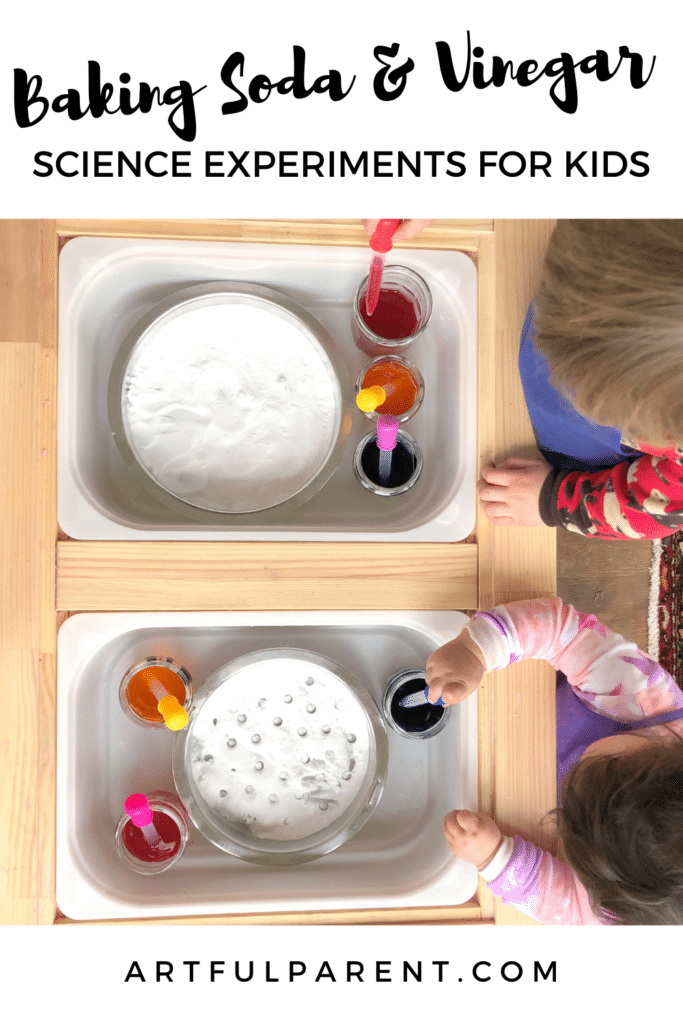

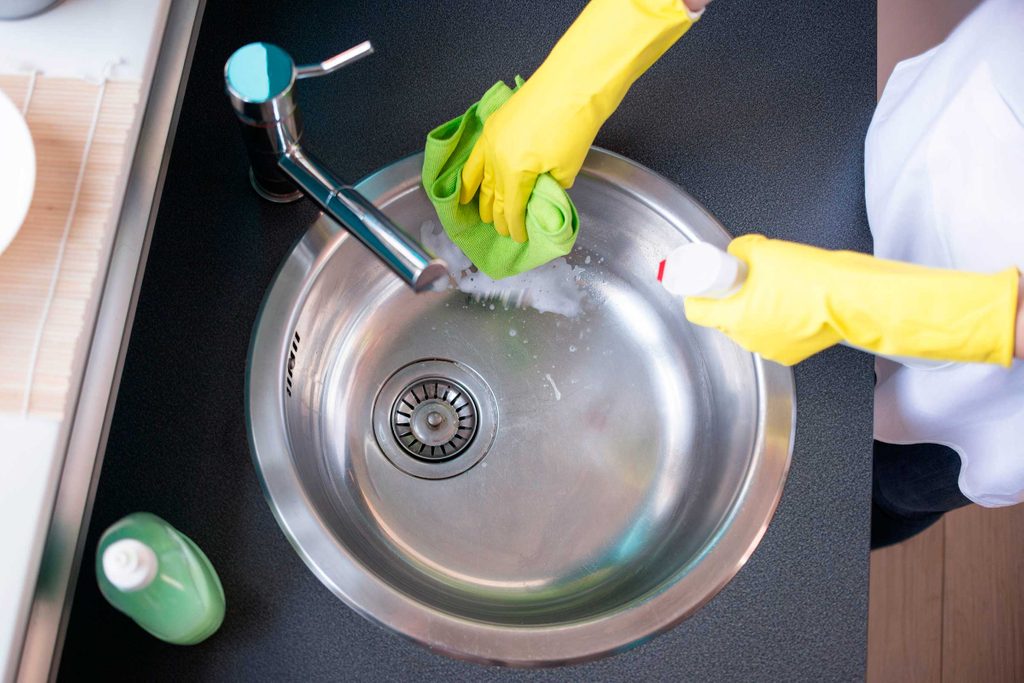
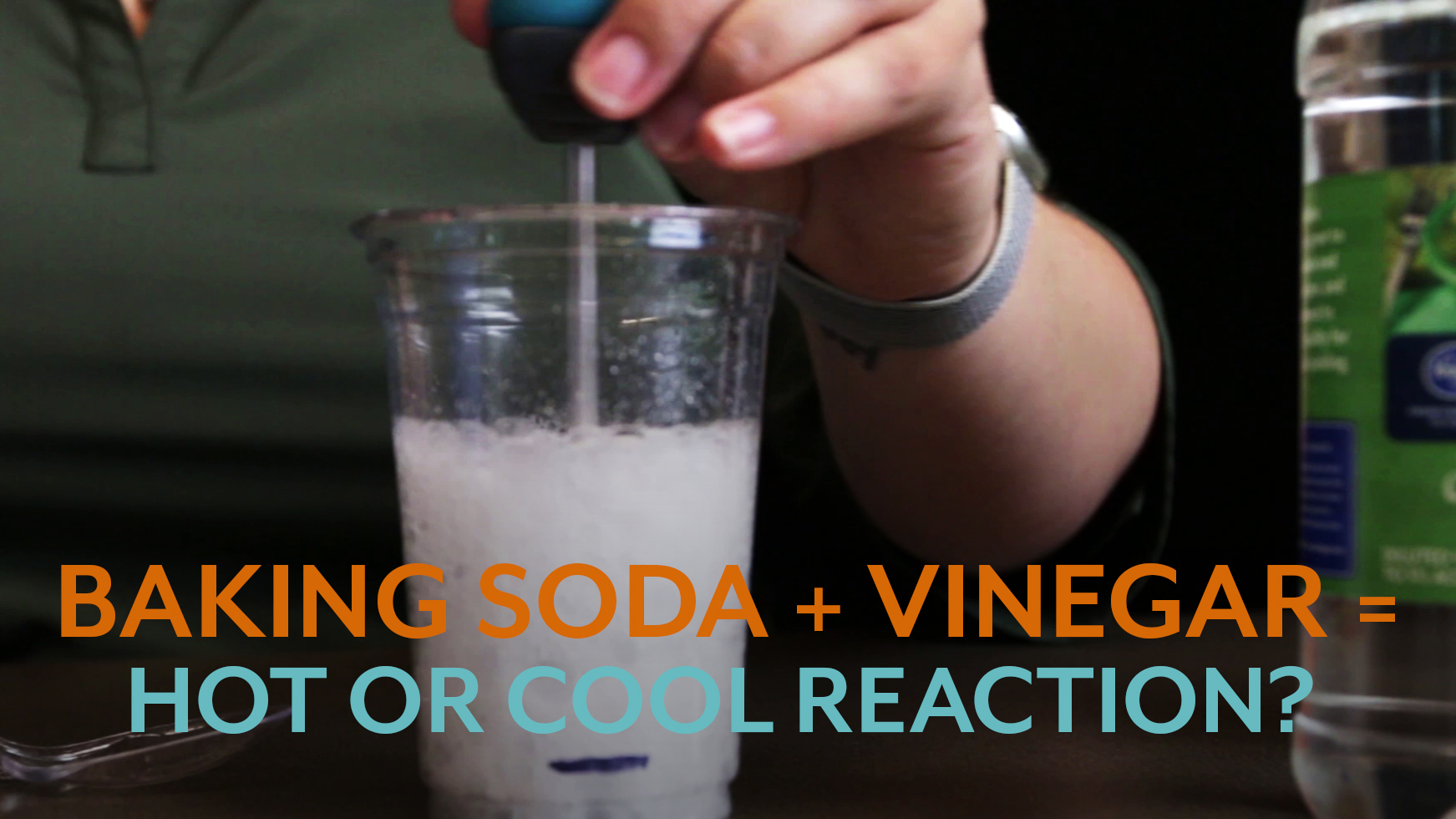



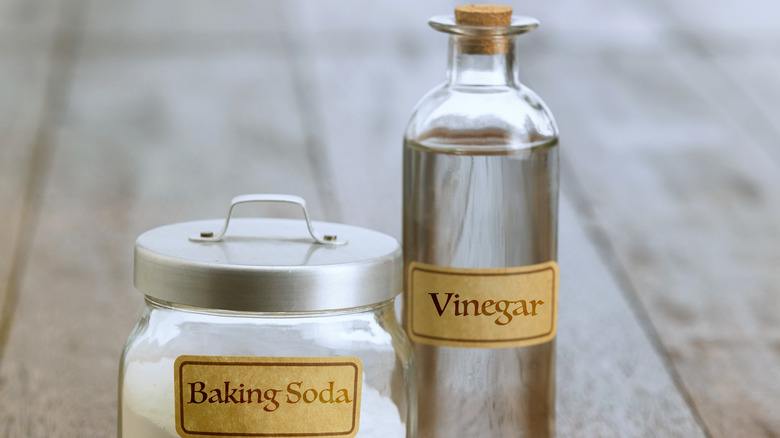


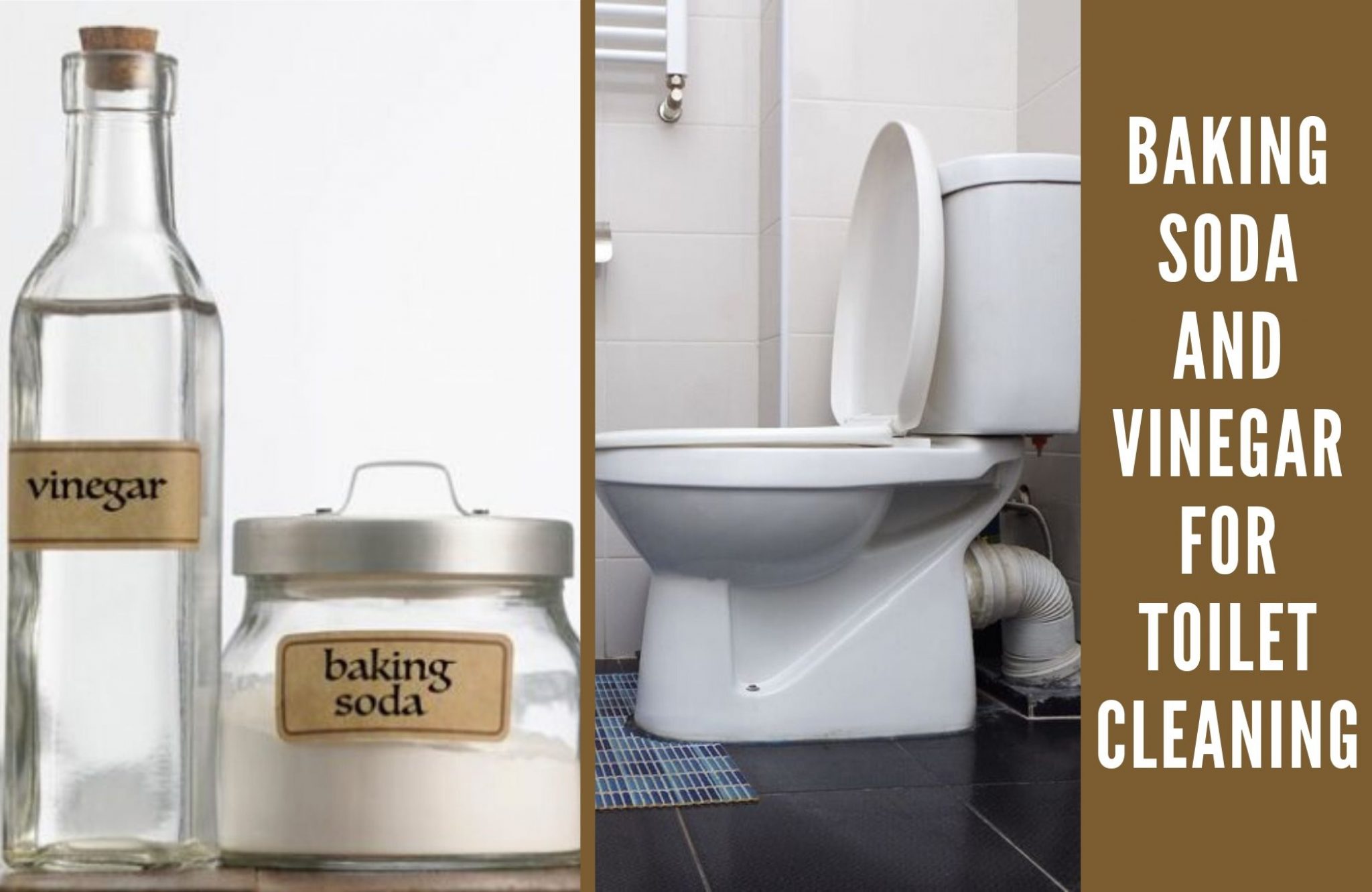



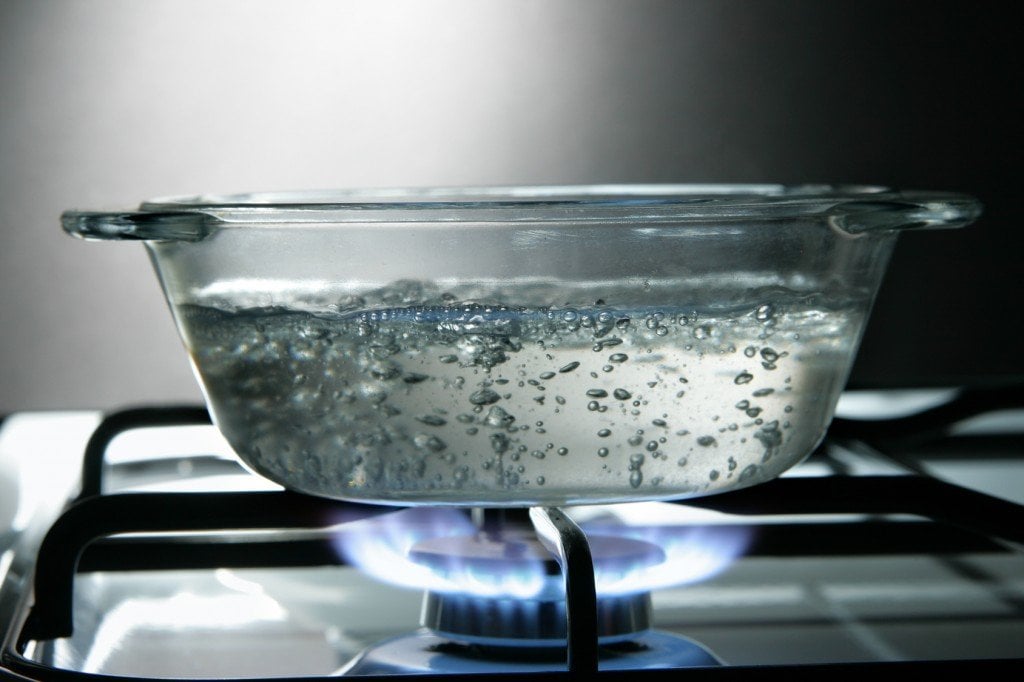
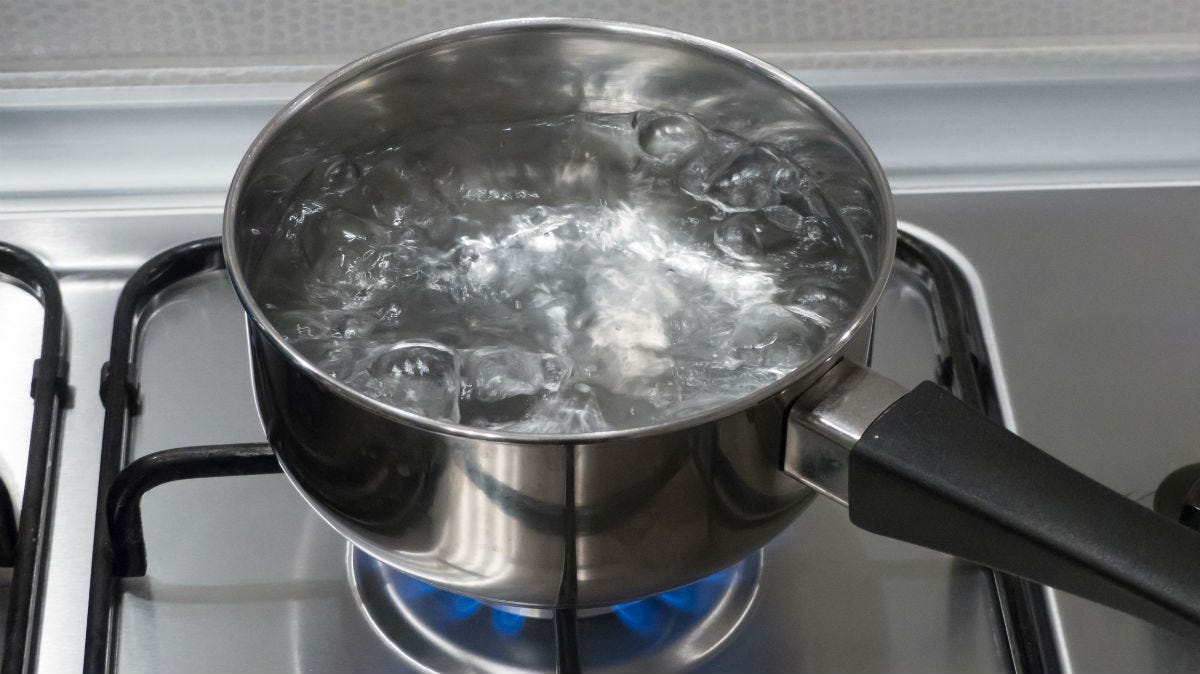


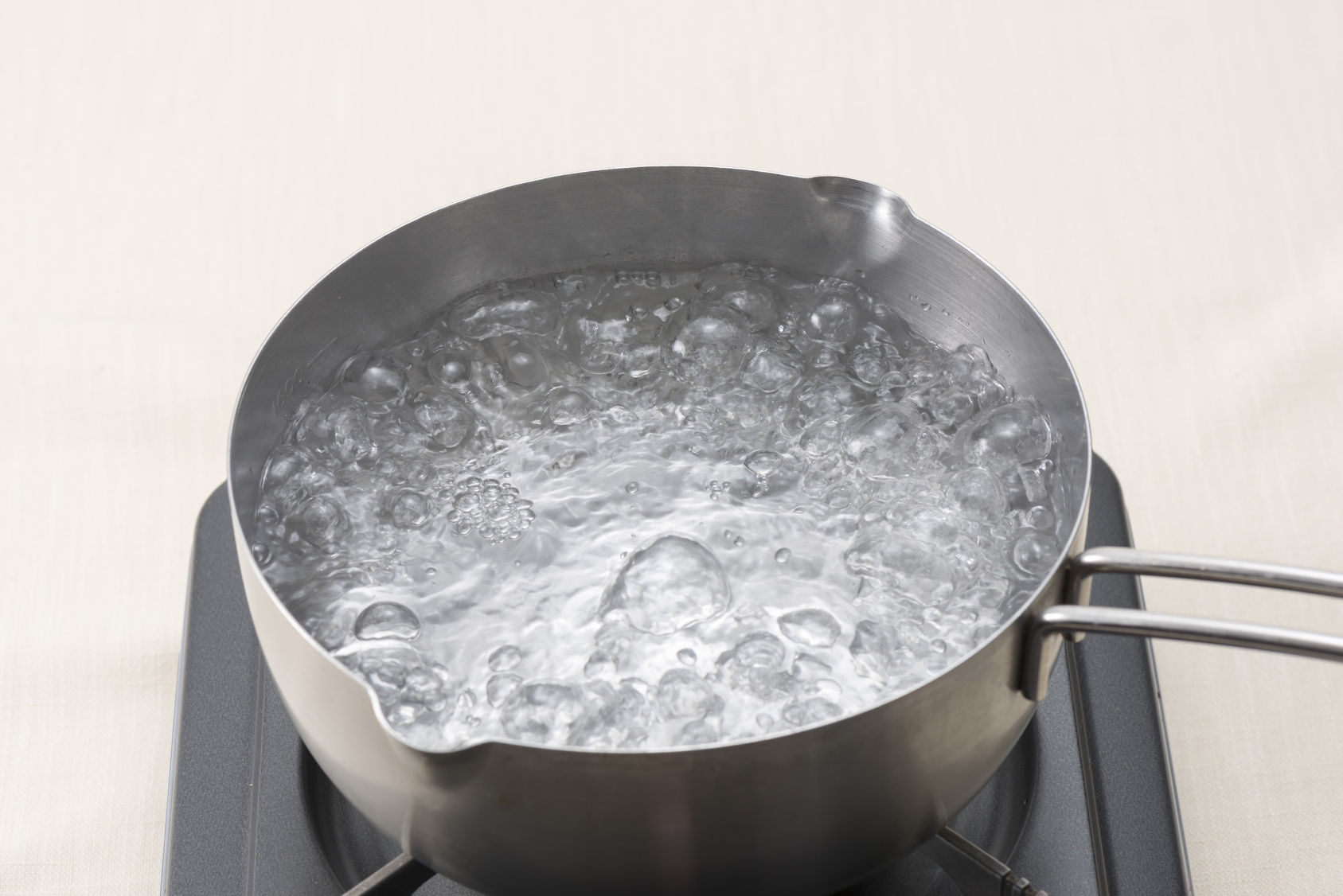
/boiling-water-on-gas-stove-143735234-5790aeb35f9b584d2005e949.jpg)
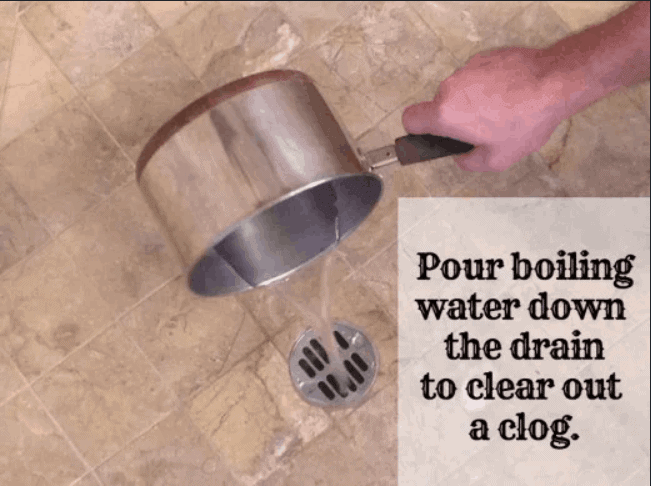



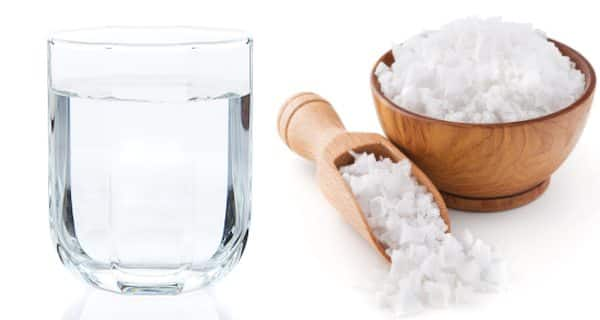

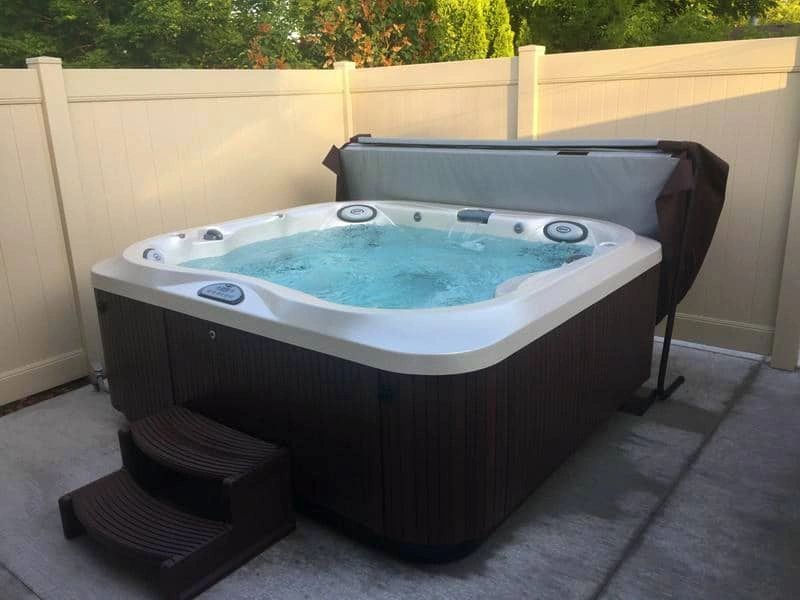






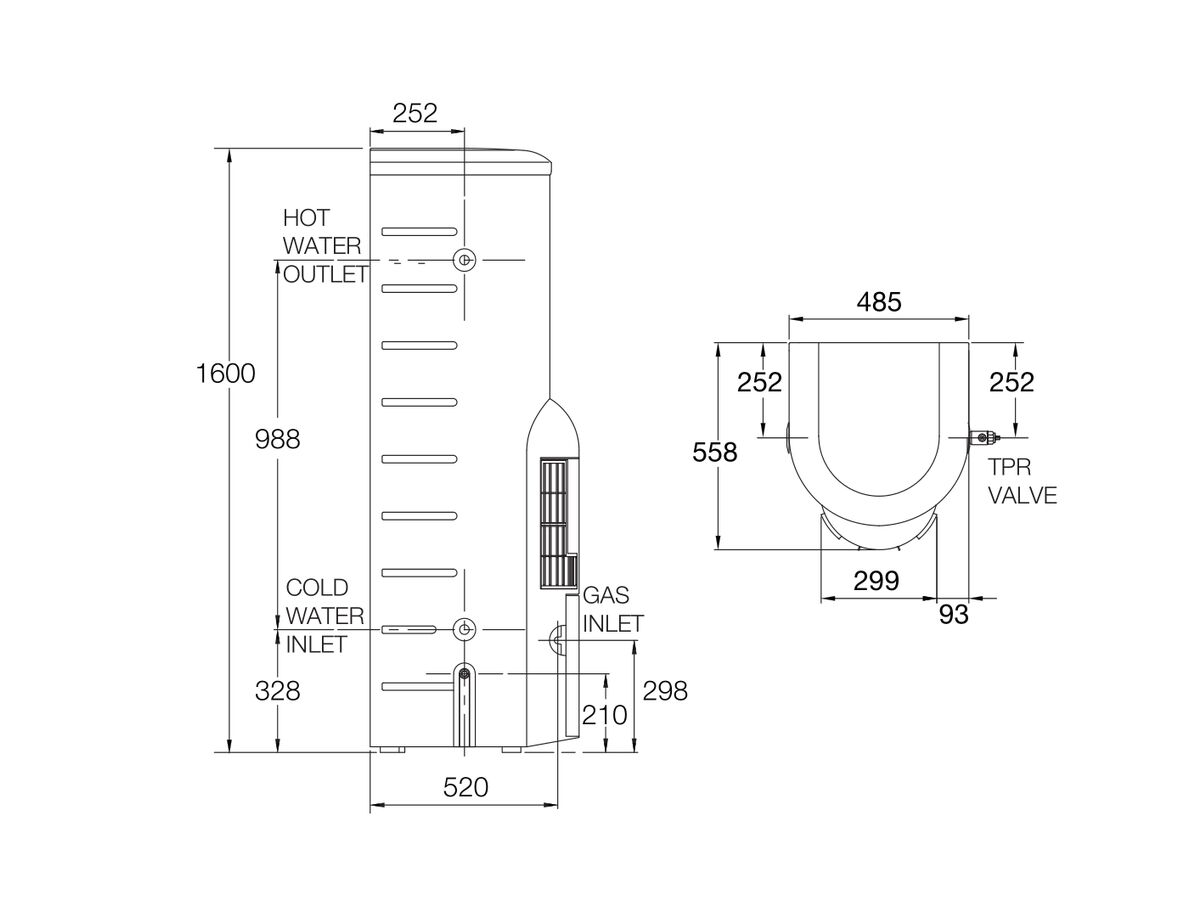



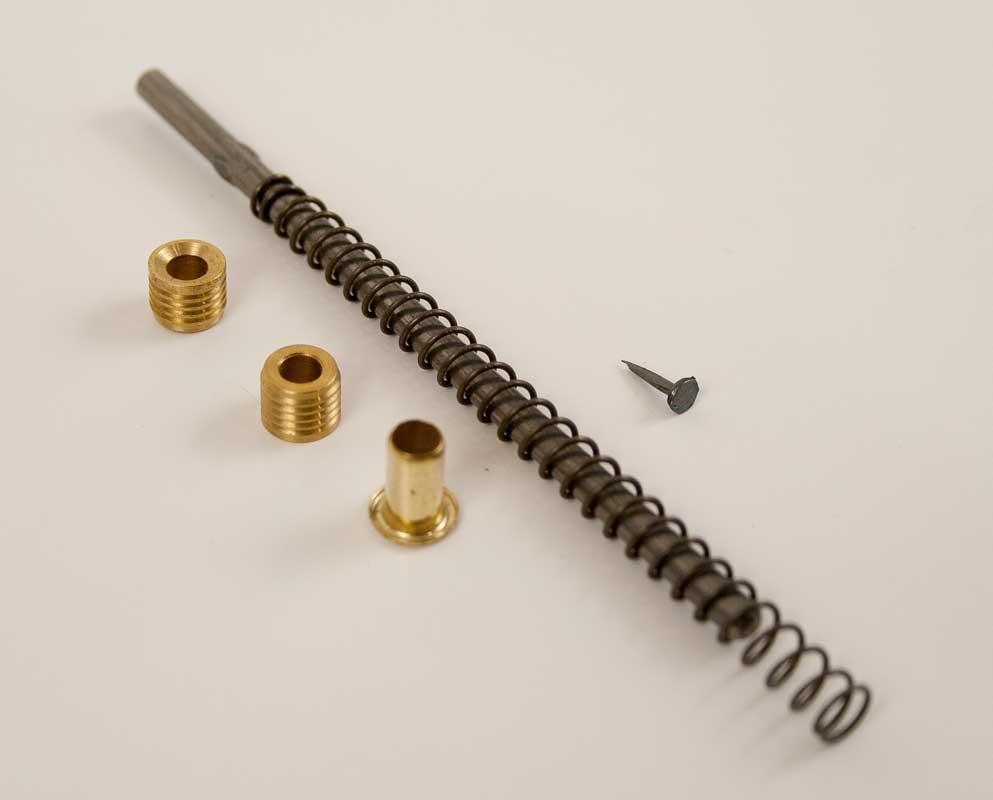


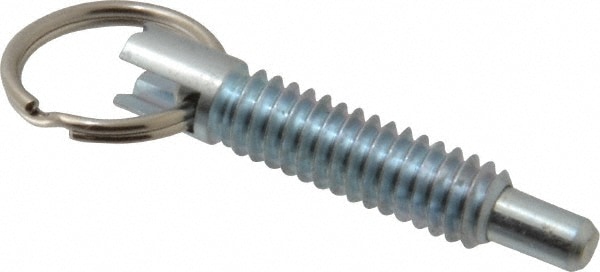


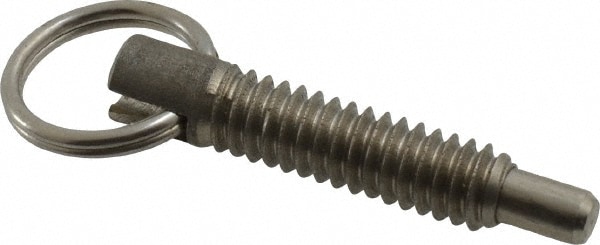
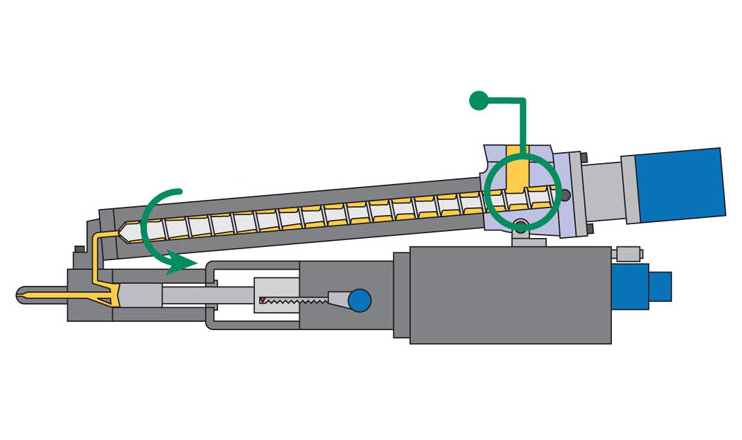
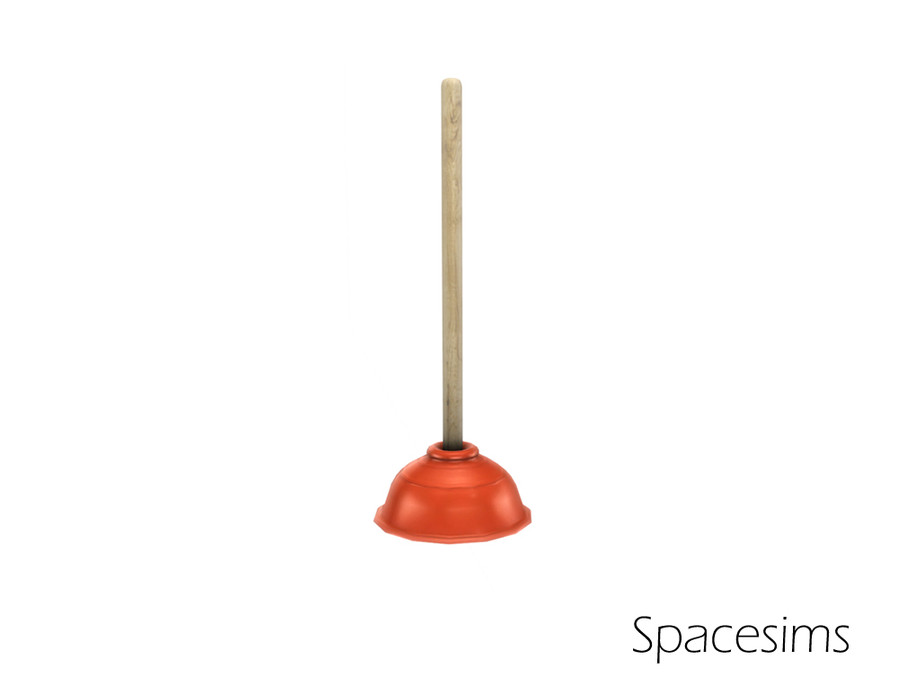
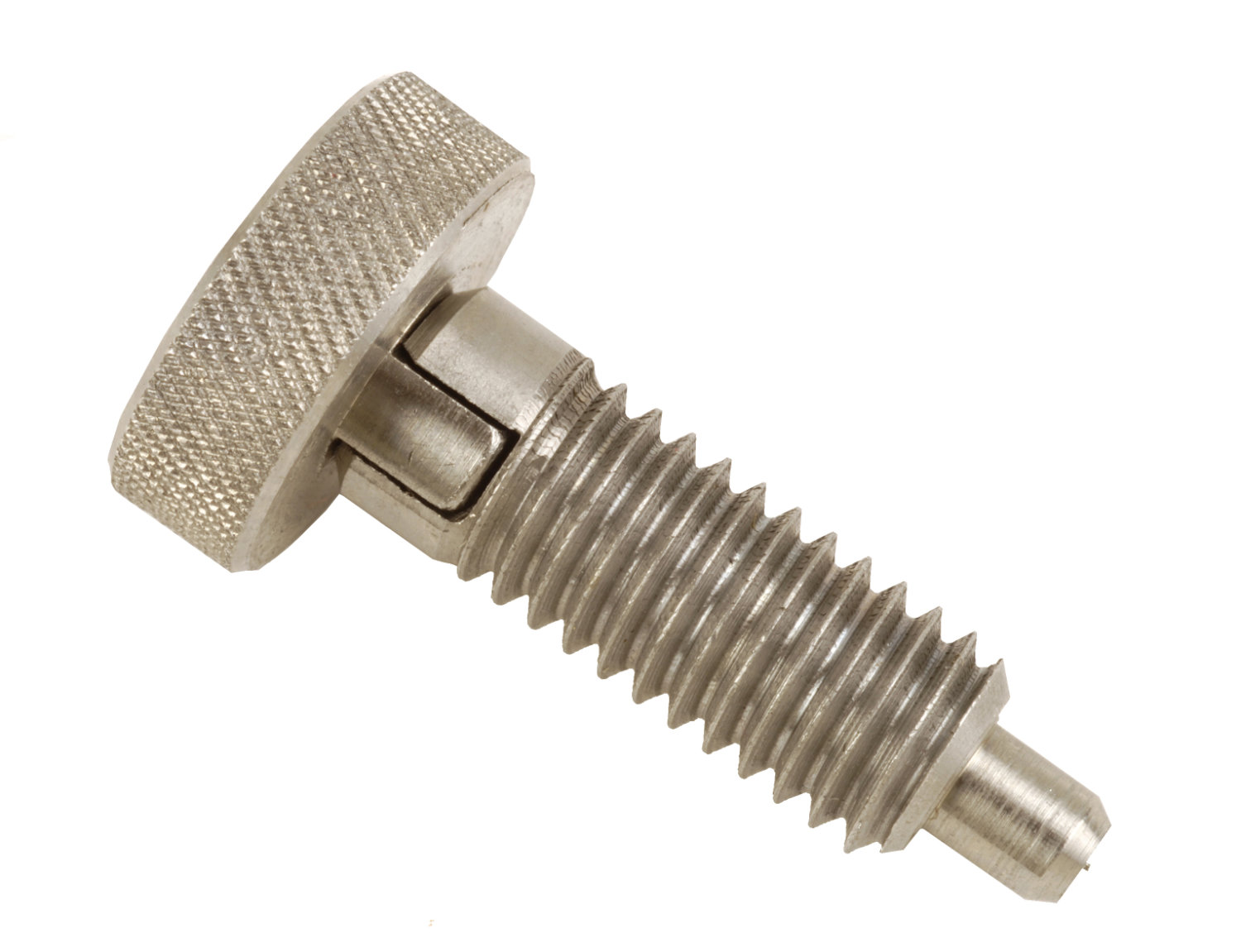



/GettyImages-80566571-5a1ca234aad52b00373338ff.jpg)
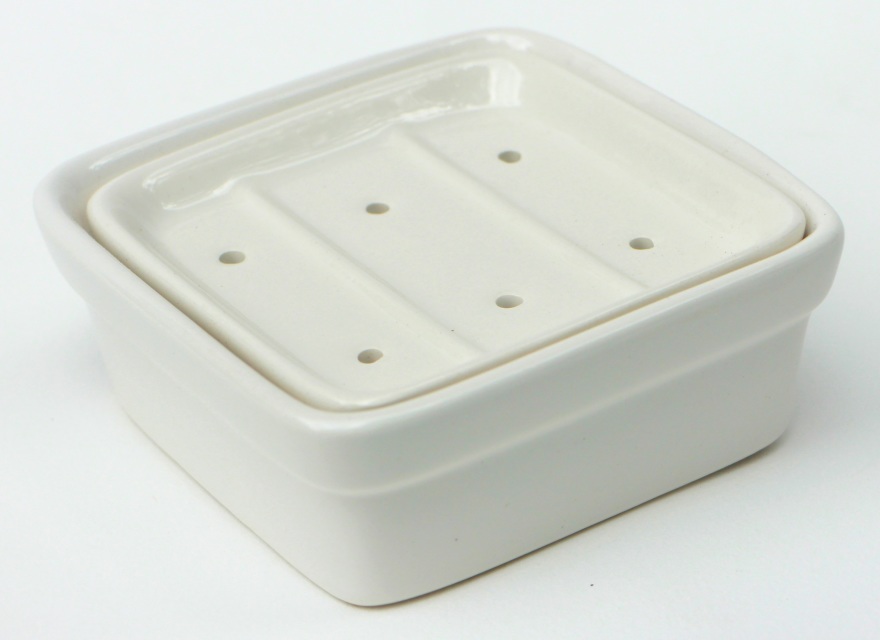

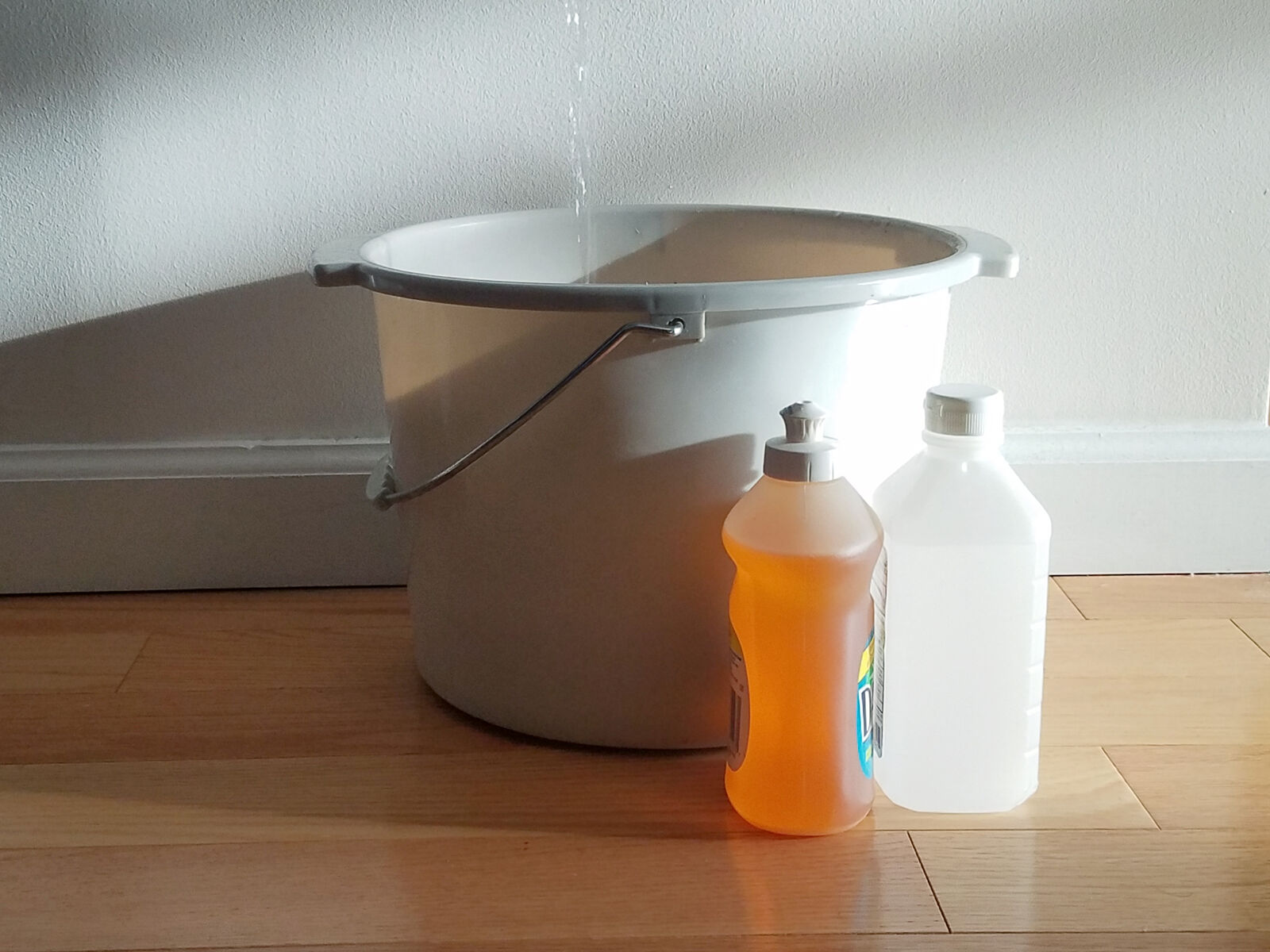
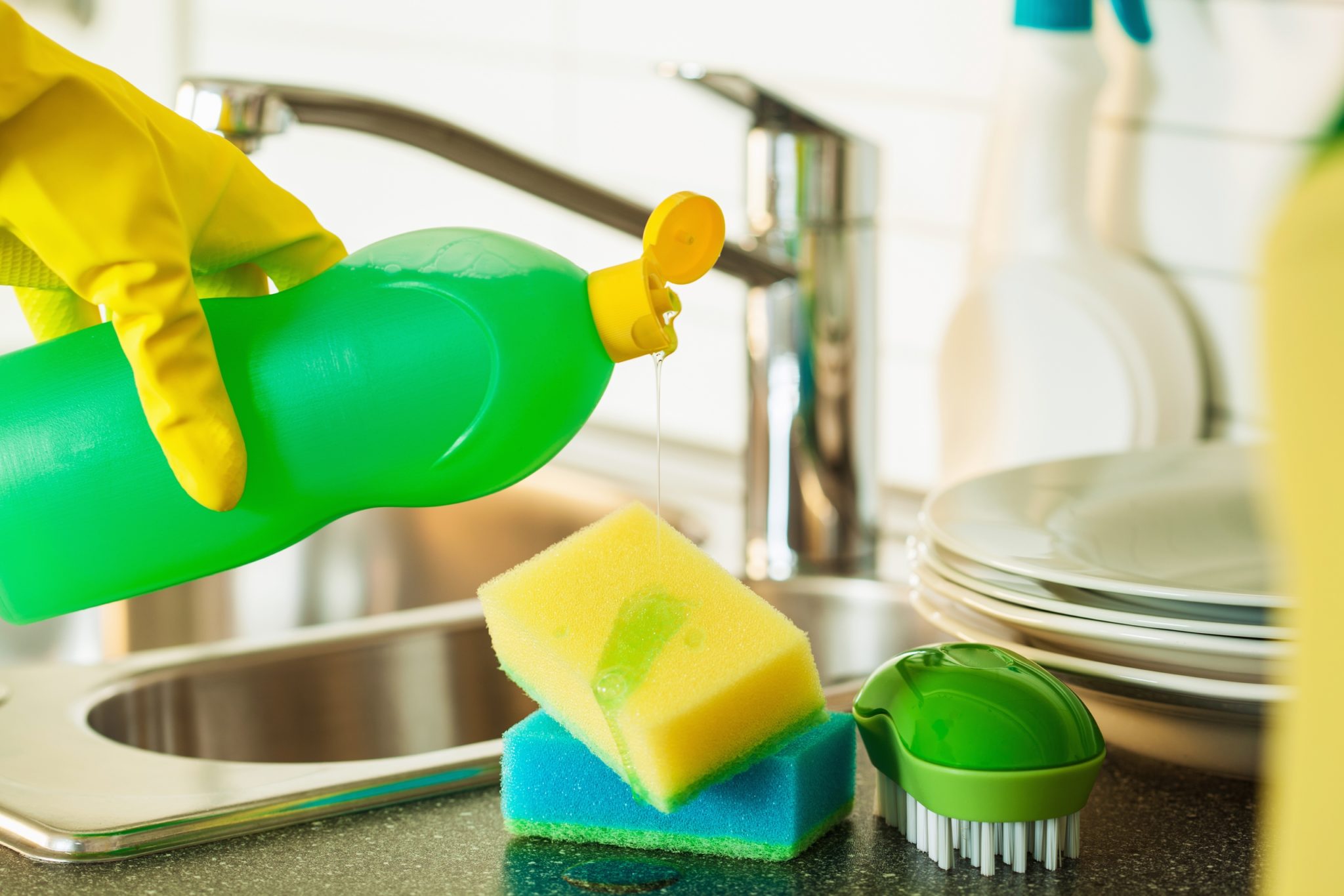
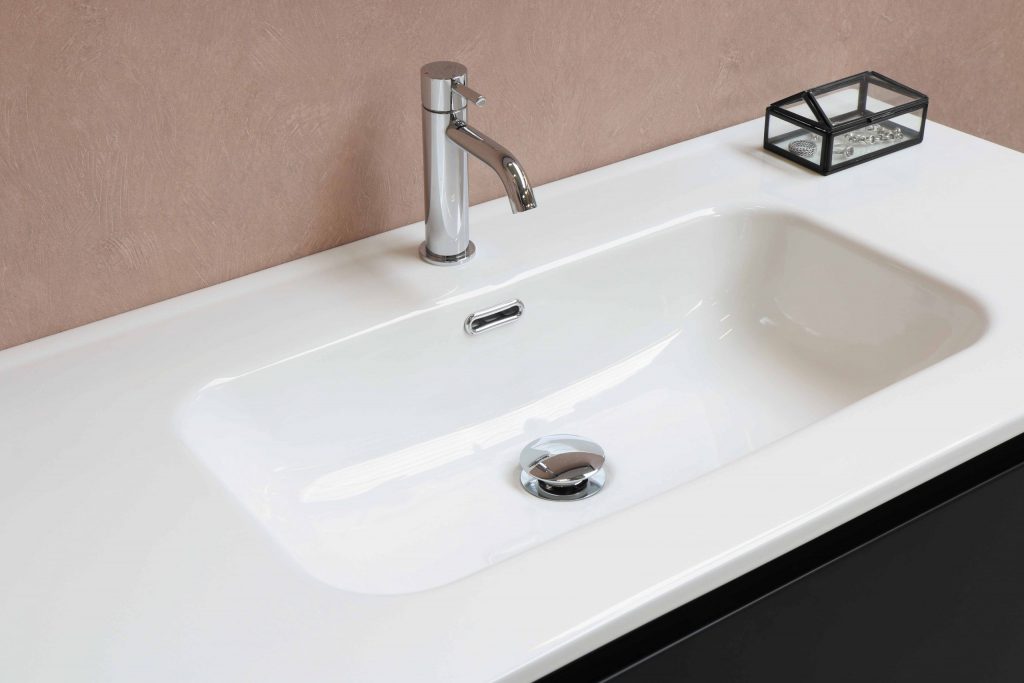
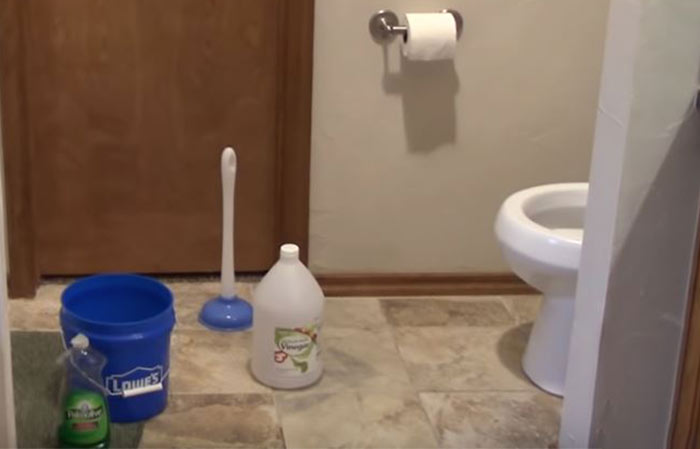
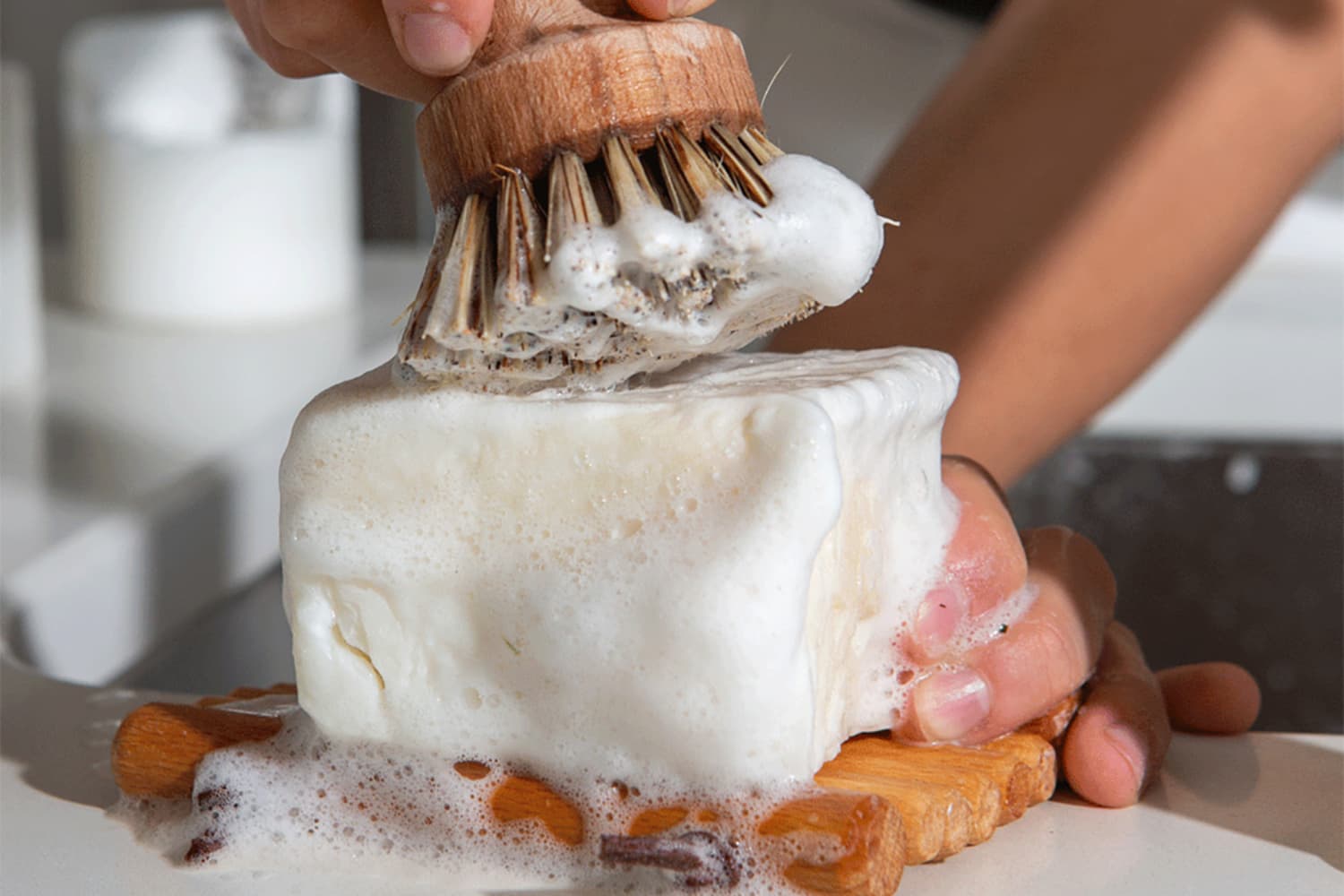
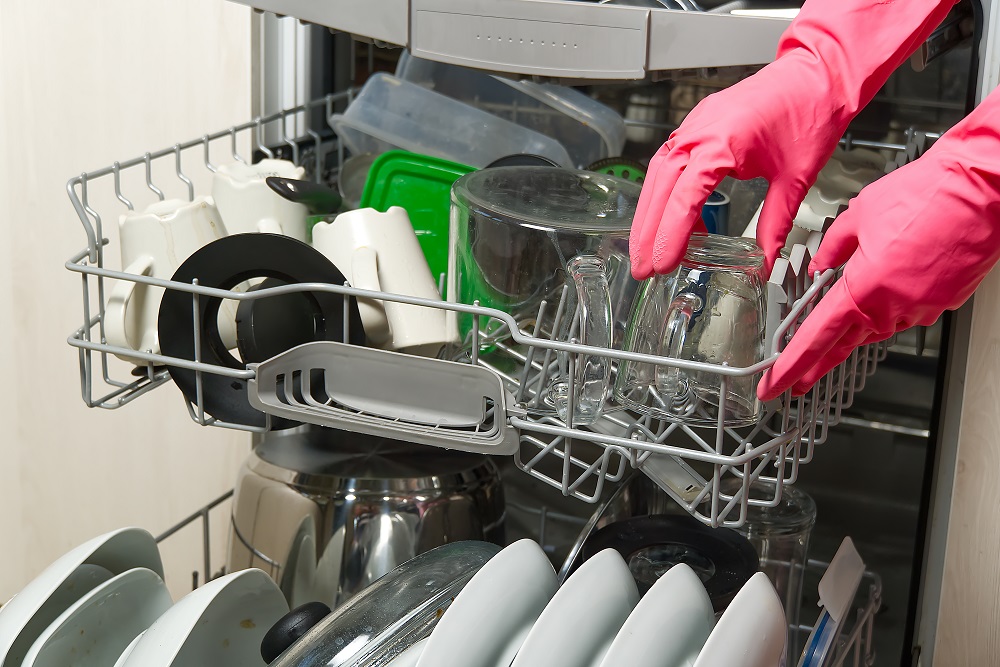
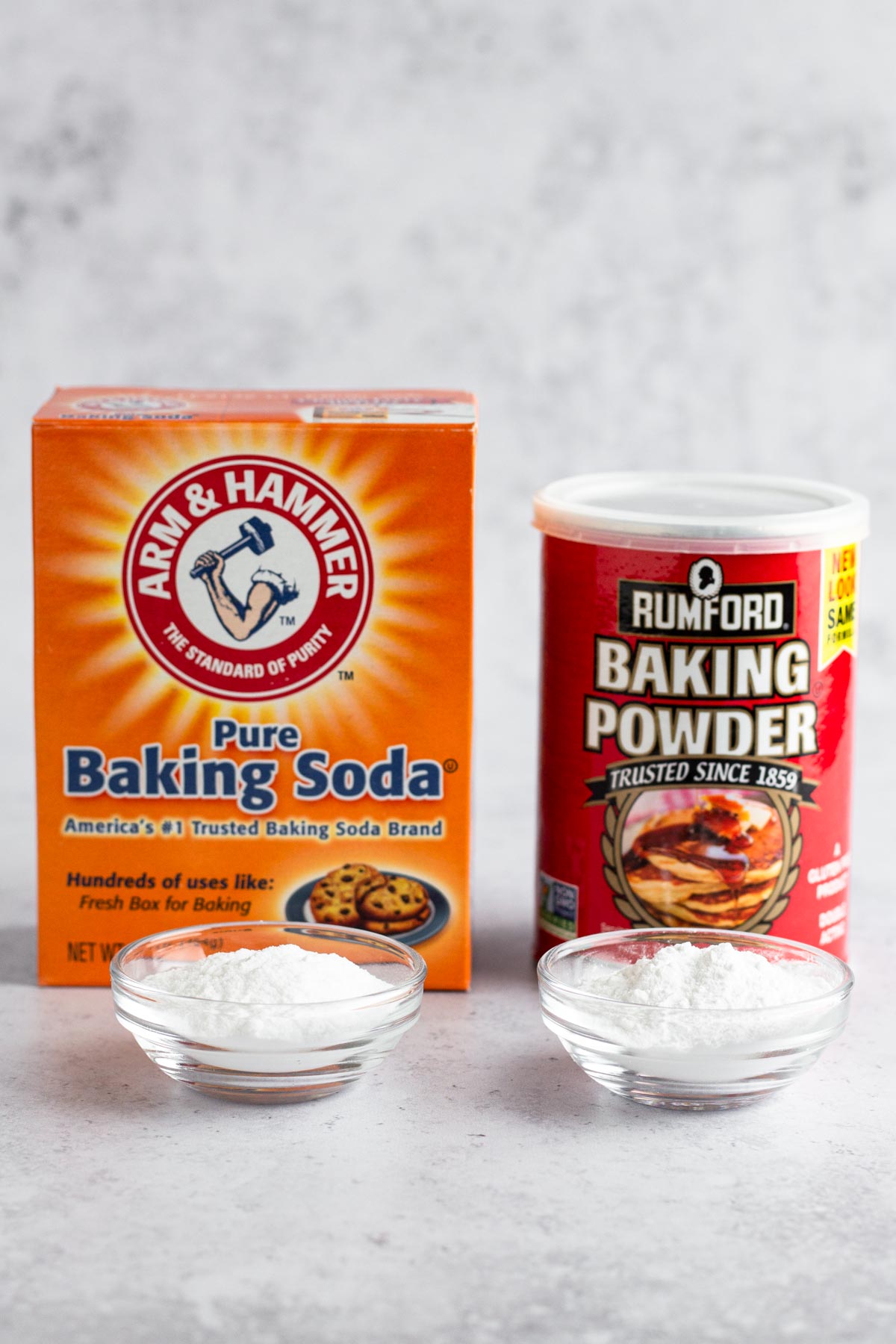





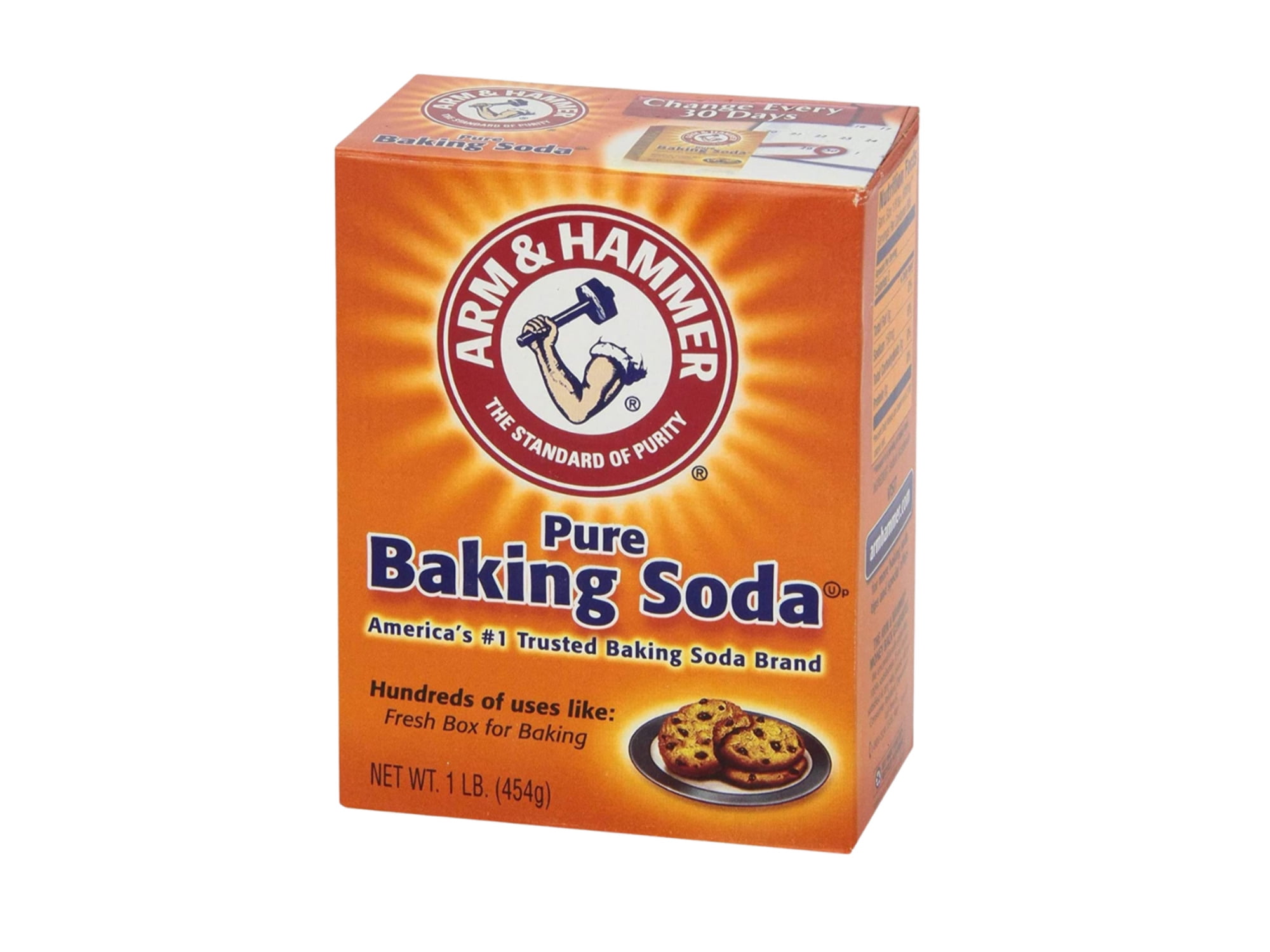

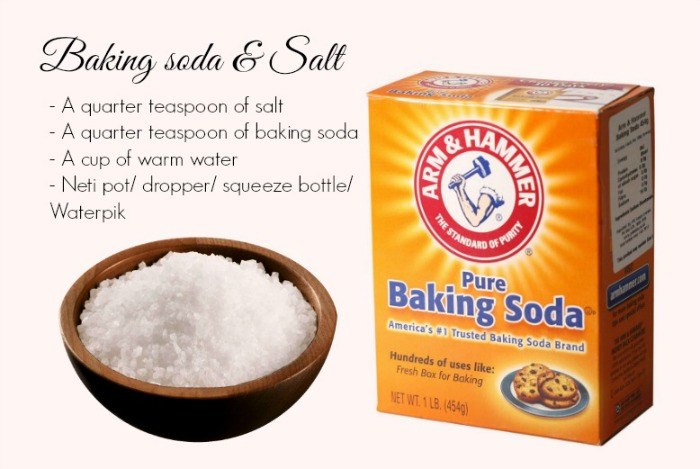
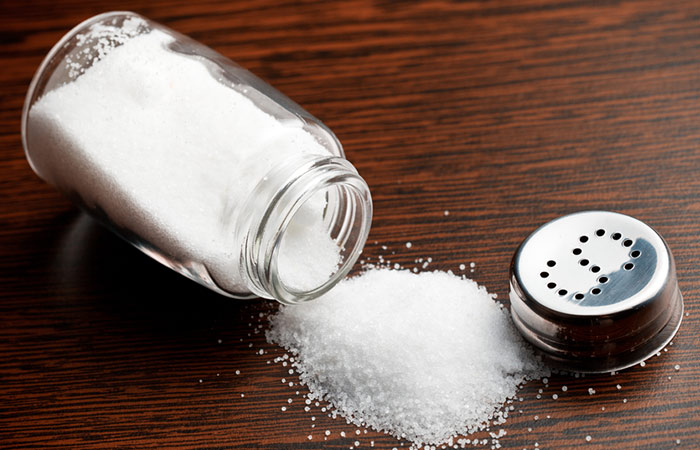






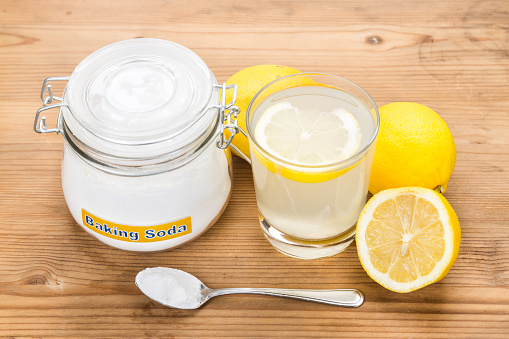

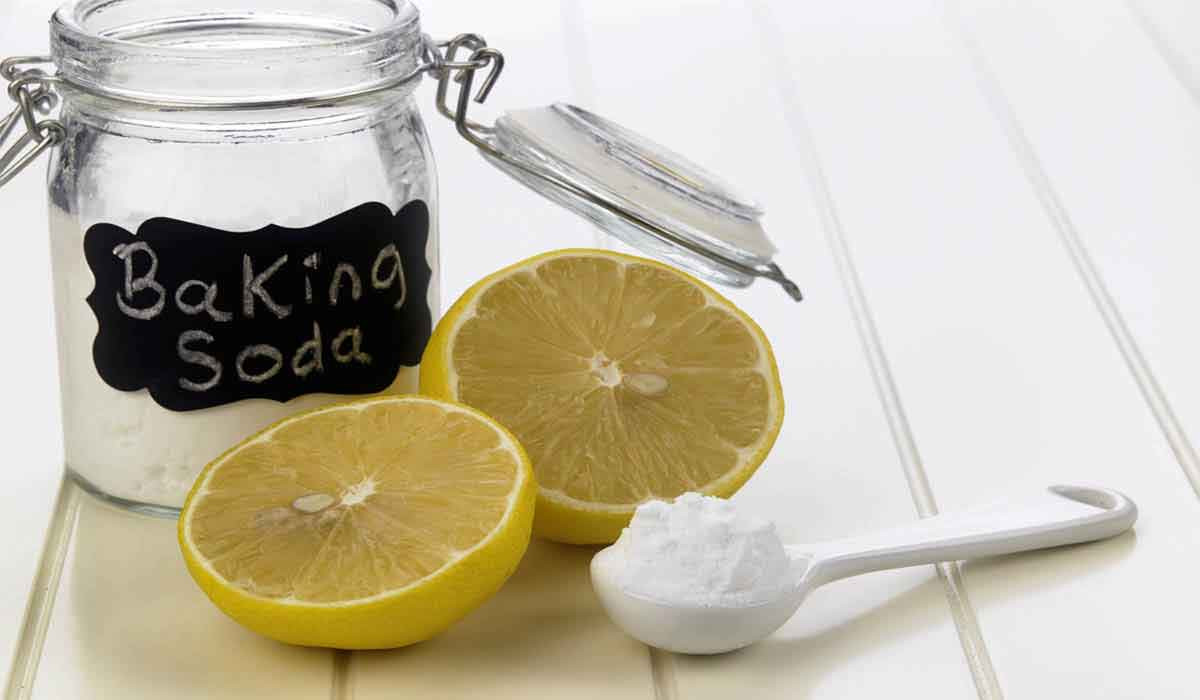
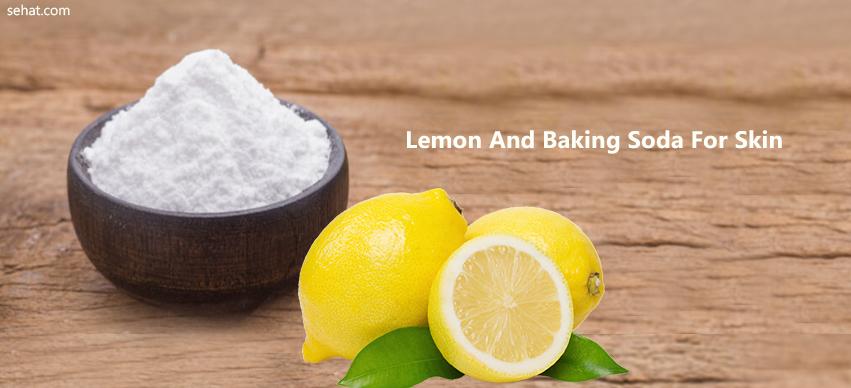


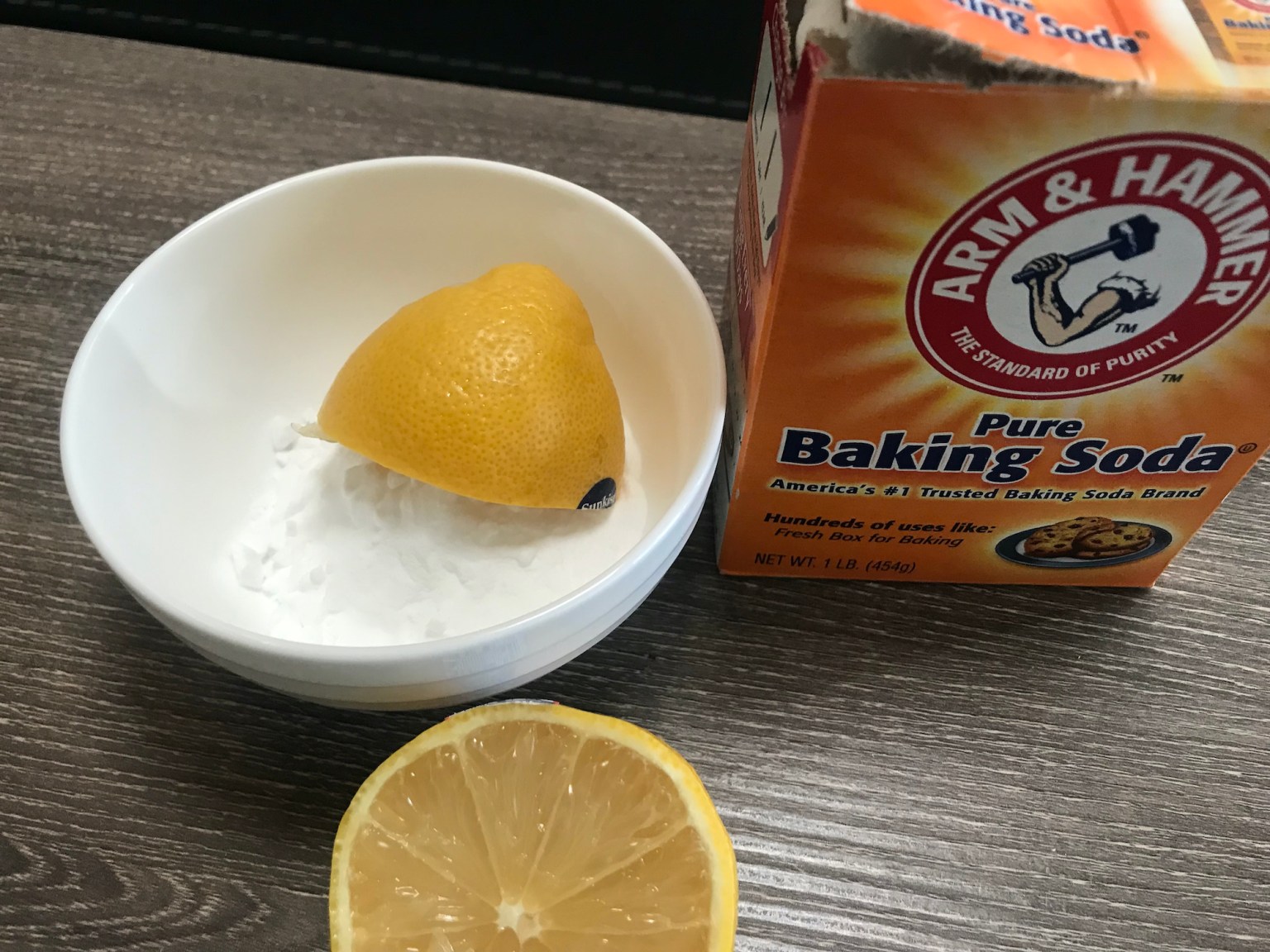


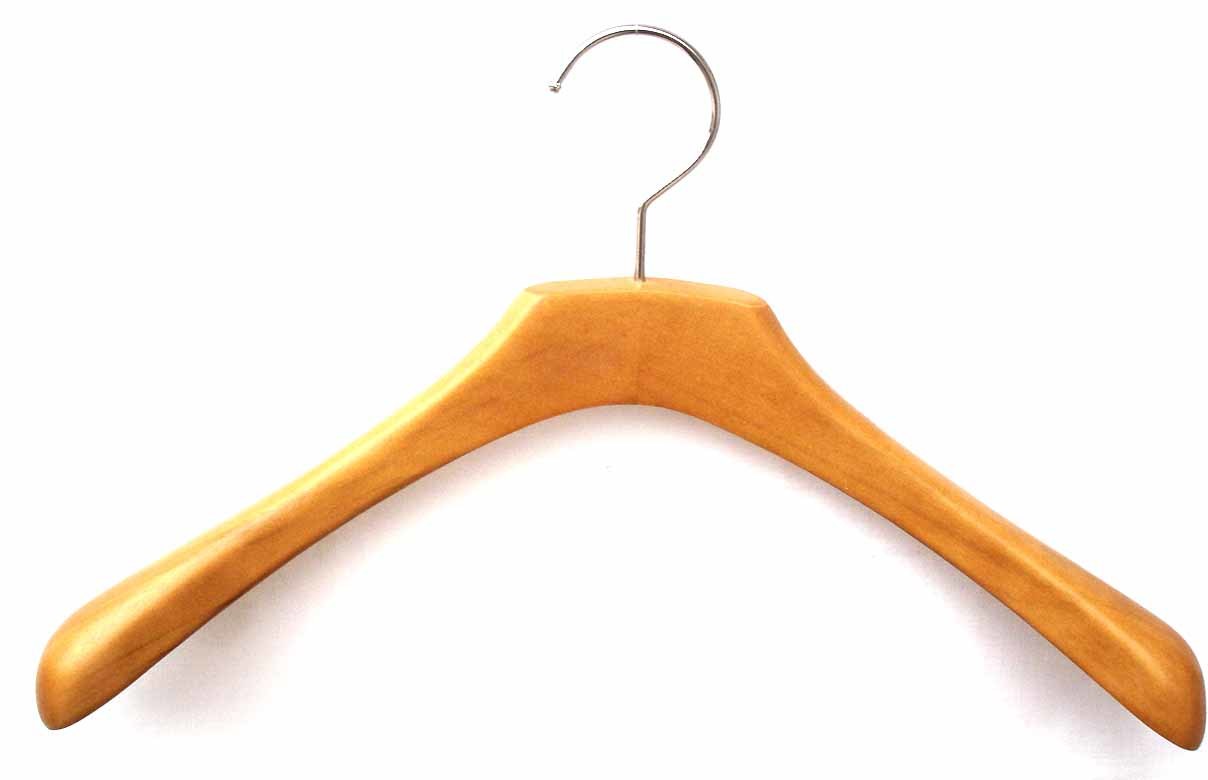
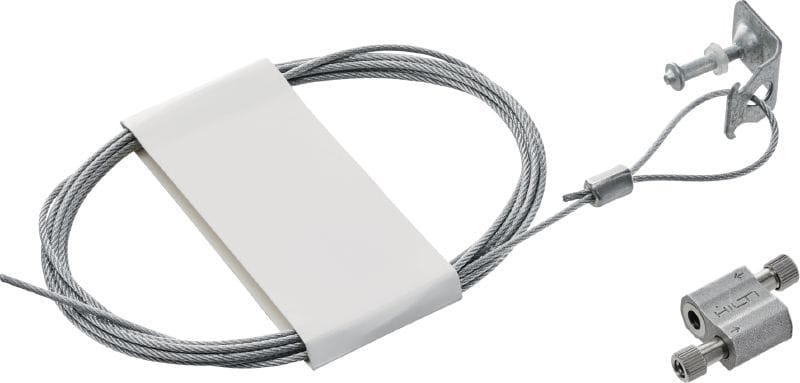
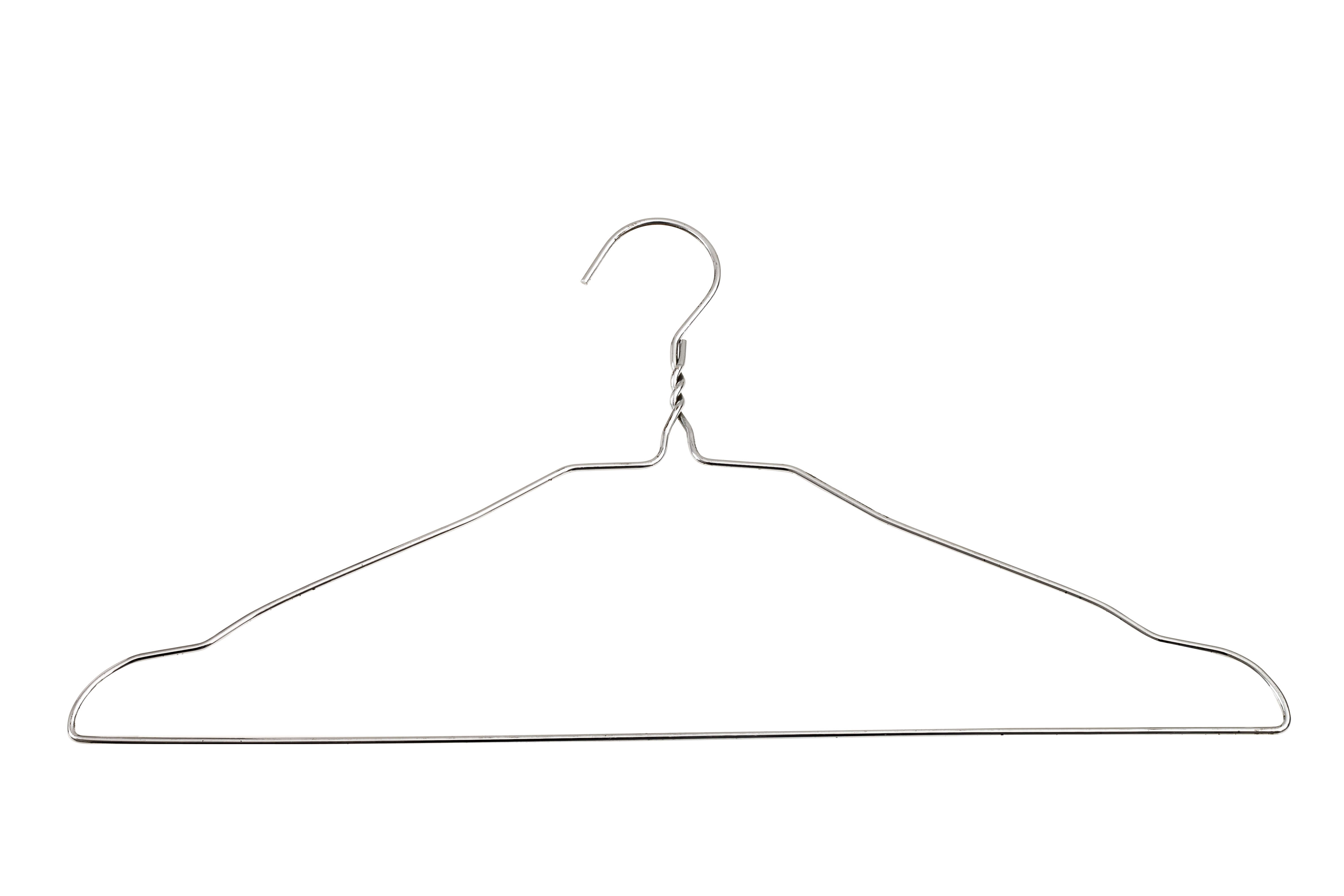
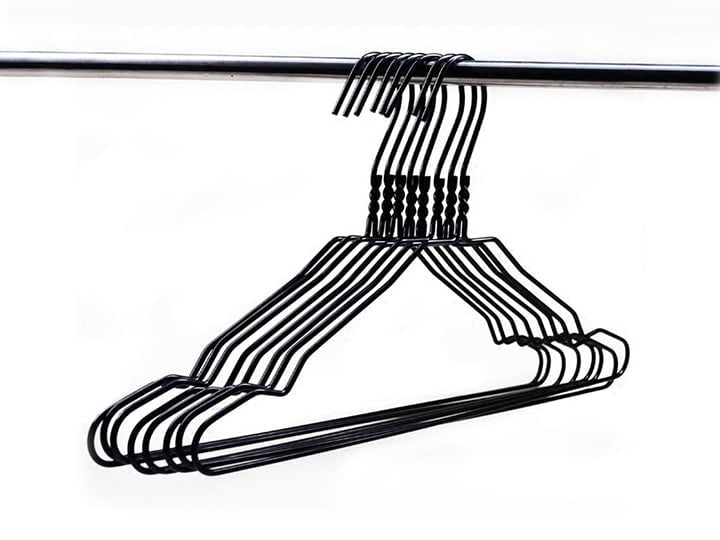



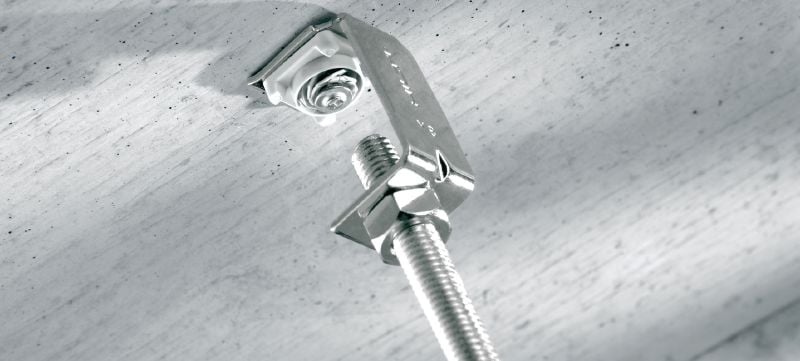

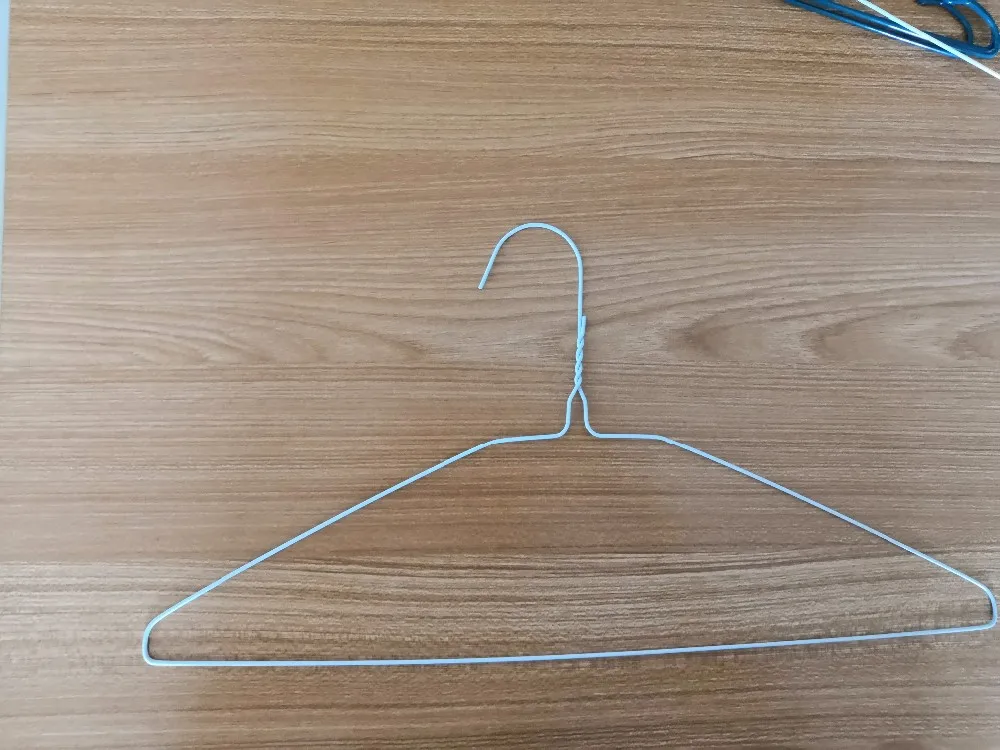
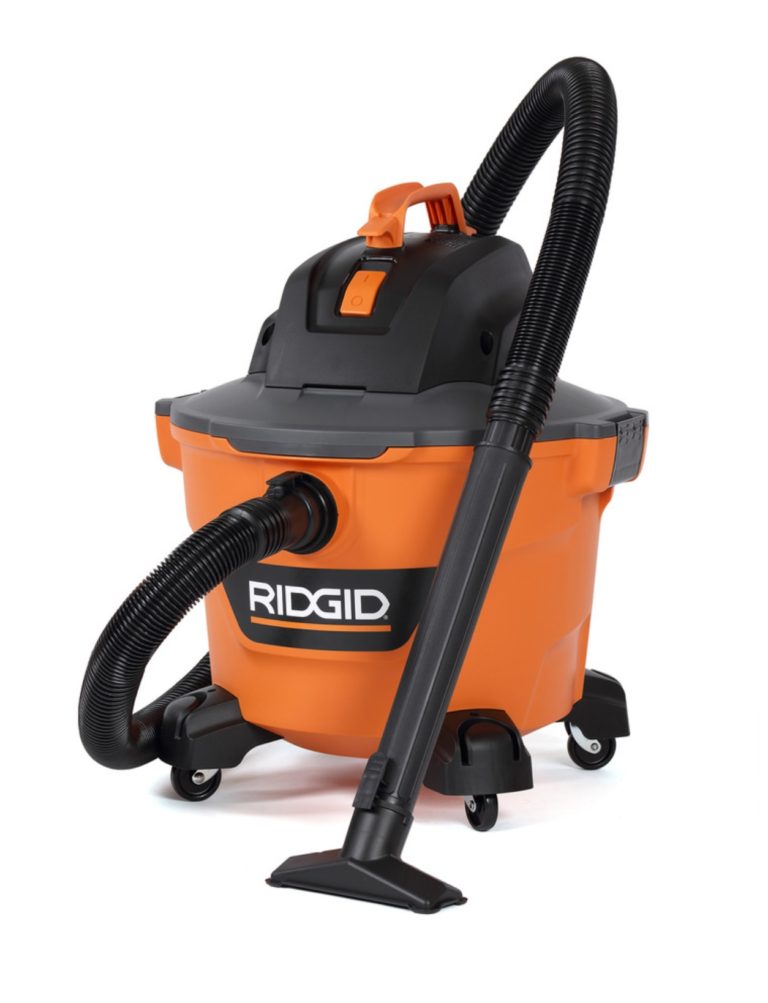

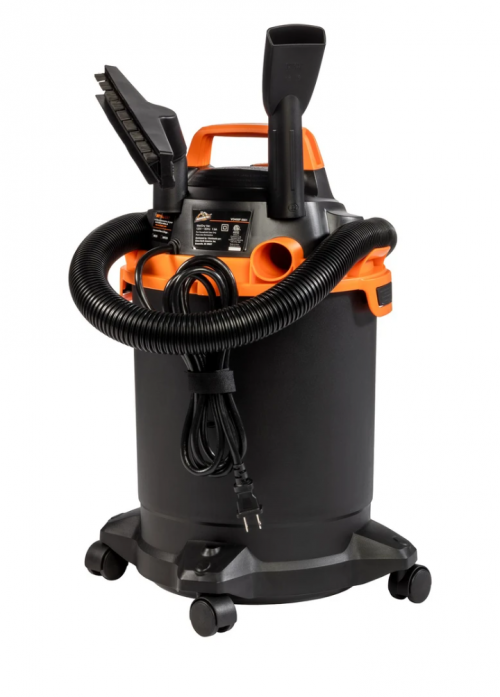




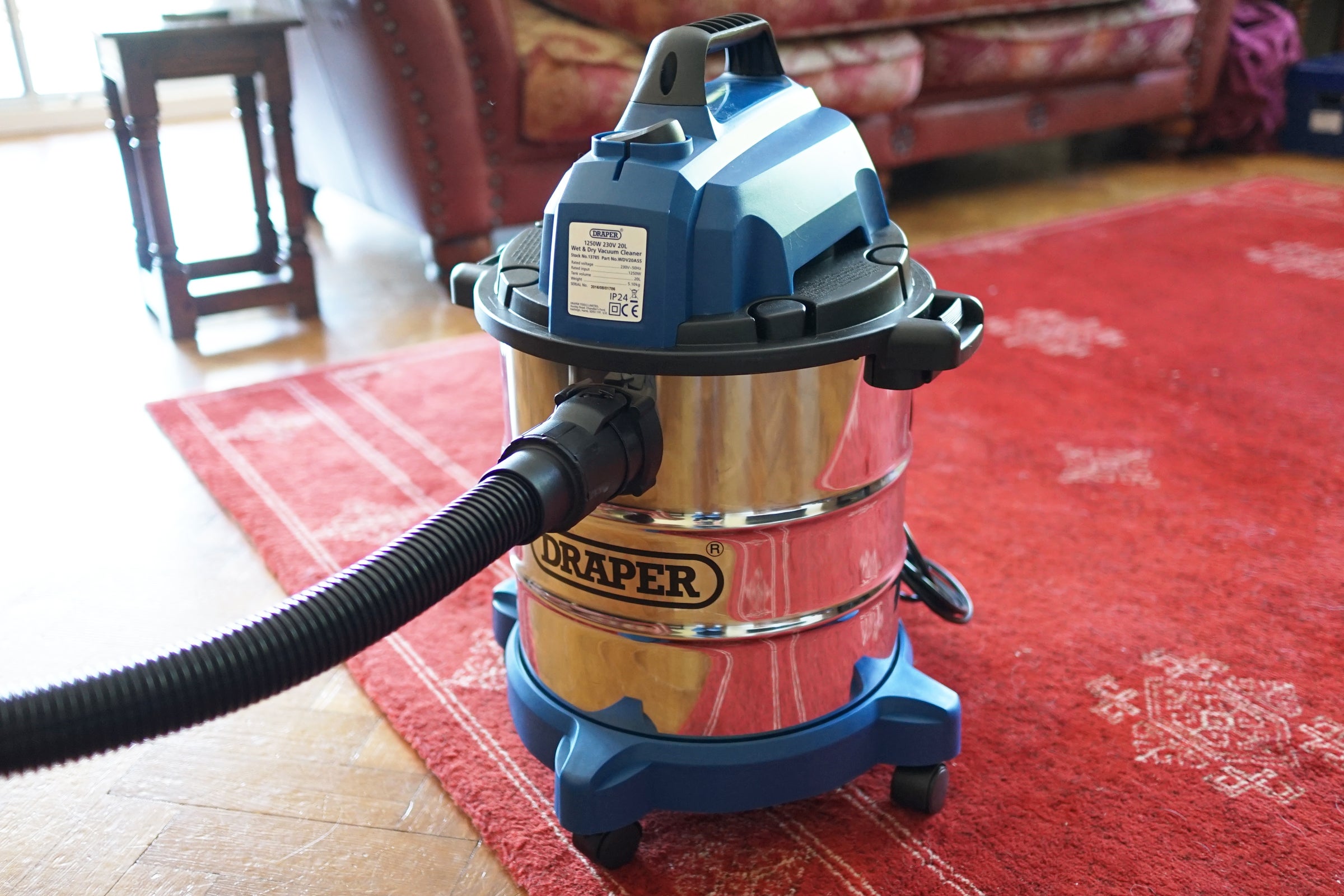
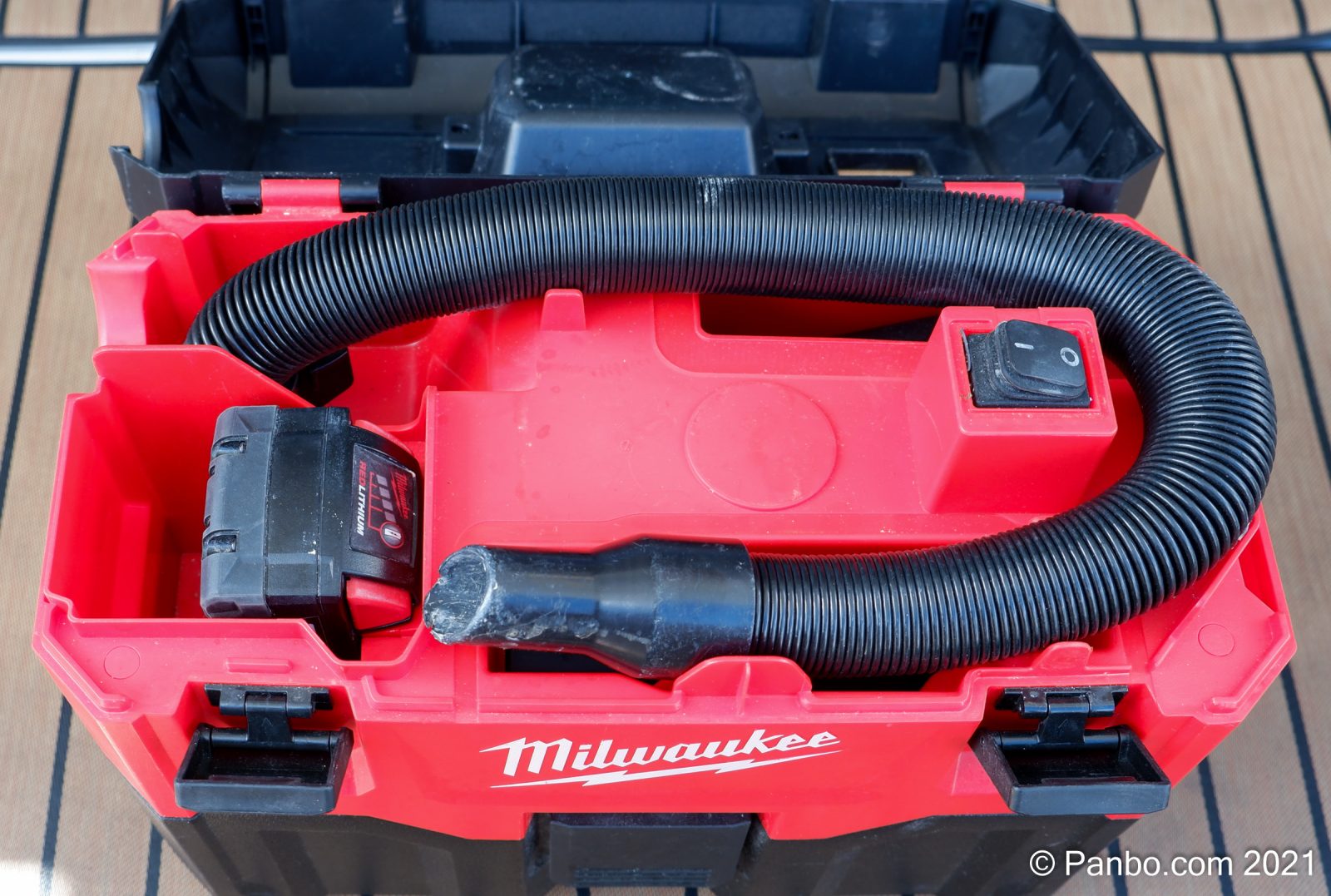







/GreenGobblerRefresh32oz-5bc63b0d4cedfd00266e4611.jpg)




